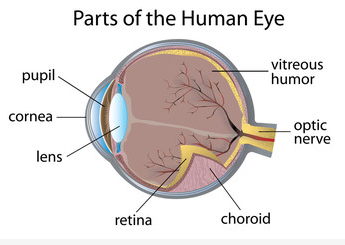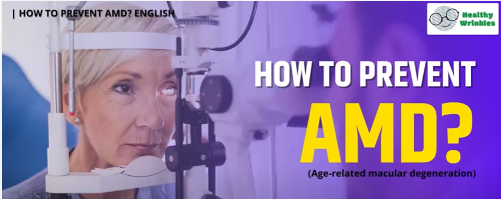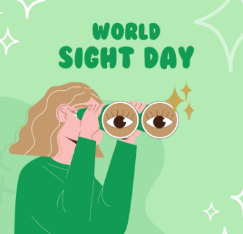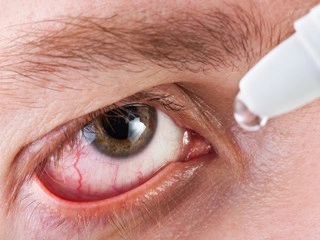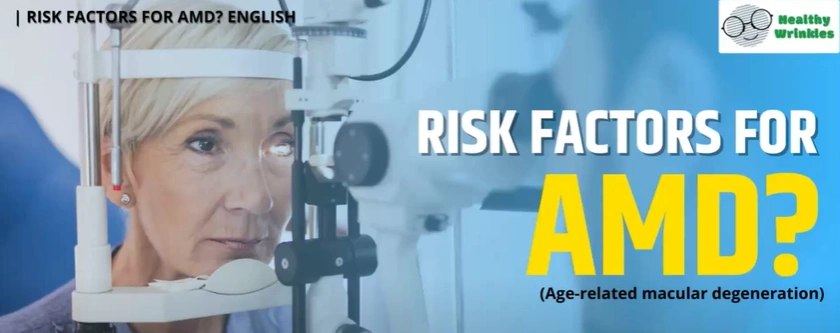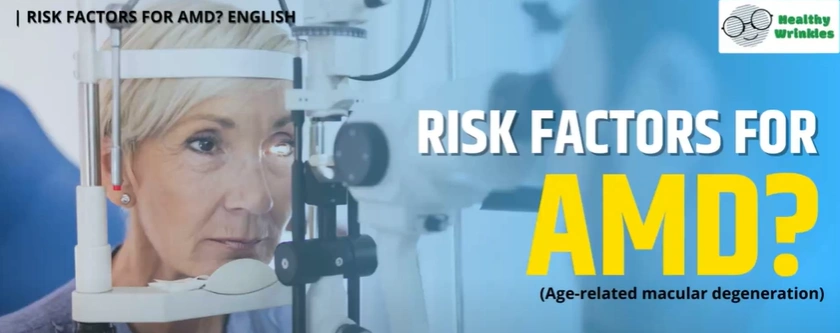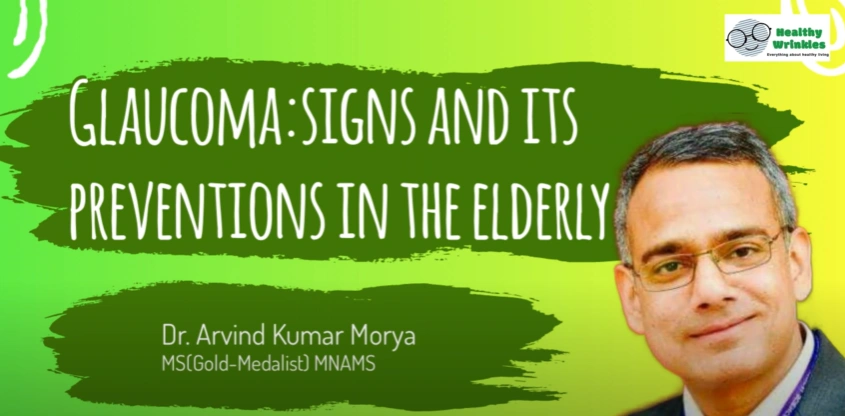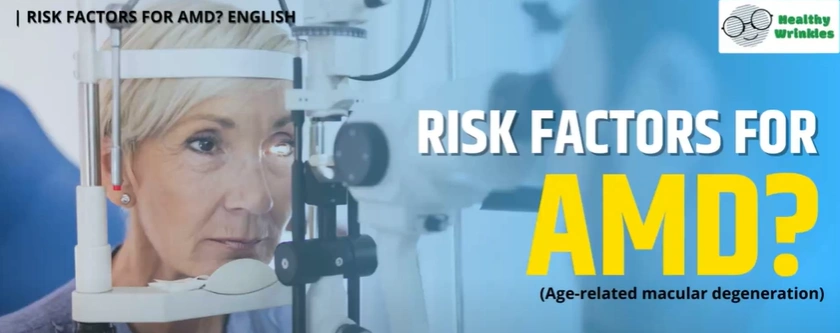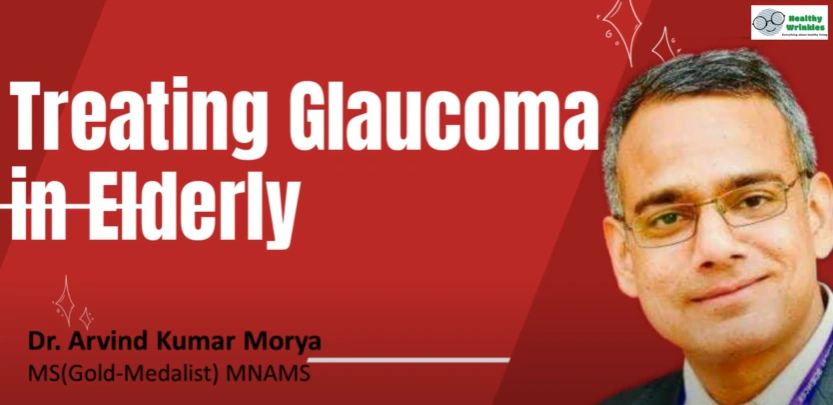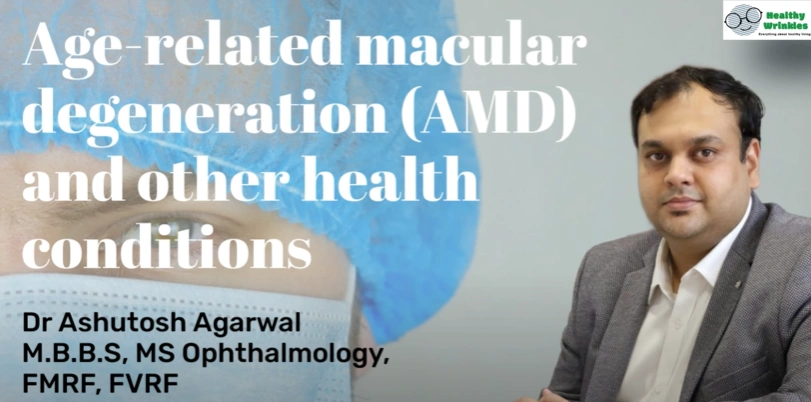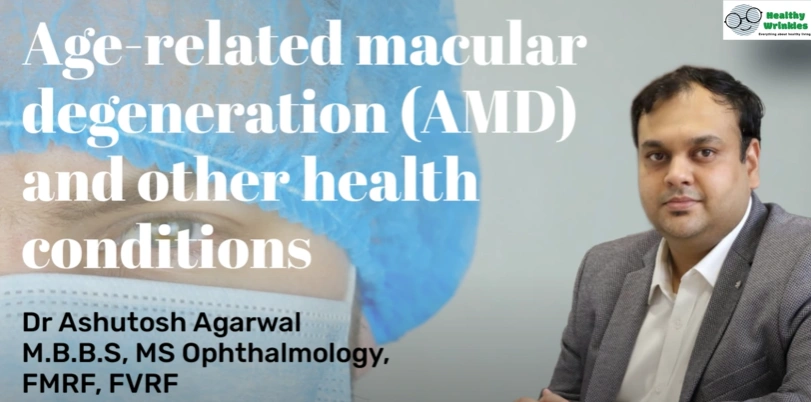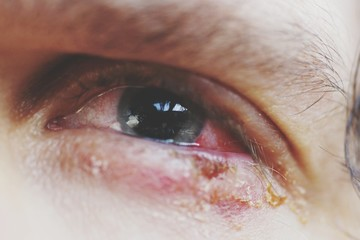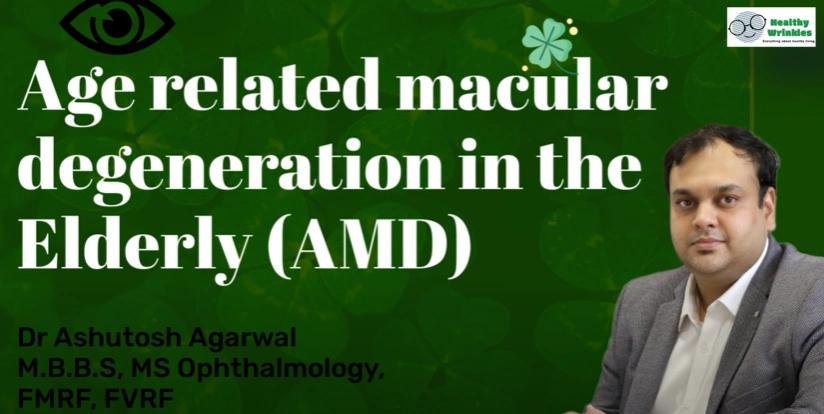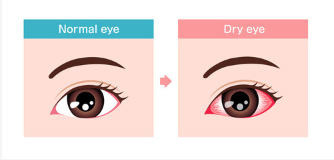What are the causes and management of dry eyes in seniors
24-06-24
Dry eye is a condition that many elderly people experience as their eyes change with age. Although dry eyes can be uncomfortable and painful, they are not a dangerous health condition and are often treatable.
Dry Eye Syndrome Causes
-
People over the age of 50 are more prone to dry eyes and other eye disease.
-
Women's hormones change after menopause.
-
Antihistamines, decongestants, hormones, blood pressure medications, Parkinson's disease medications, and other medications can cause dry eyes.
-
Dry eyes can be caused by inflammation of the eyelids.
-
Cigarette smoking and secondhand smoke can also cause dry eyes.
-
Some skin conditions, such as rosacea, can cause dry eyes.
-
Dry eyes can be caused by autoimmune diseases such as Sjögren's syndrome, lupus, scleroderma, and rheumatoid arthritis.
-
Dry eyes can be caused by metabolic diseases such as diabetes and thyroid disorders.
-
Dry eyes are linked to a lack of vitamin A.
-
Dry eye syndrome can be exacerbated by environmental factors such as extremely dry weather, a lack of indoor humidity due to winter heating, dusty and smoky work environments, and air conditioning.
-
Allergies can also contribute to dry eyes.
-
Sitting in front of a computer screen for too long without blinking can also cause dry eyes.
-
Dry eyes can occur as a result of laser surgical treatments on the eyes, though your doctor may prescribe artificial tears or drops to prevent this.
Dry Eye Treatment
To keep your eyes moist, your doctor may prescribe lubricating eye drops or artificial tears. There are over-the-counter dry eye eye drops, gels, and artificial tears available, but it is best to consult your doctor first for treatment. If you have allergies, try to use sterile drops that do not contain preservatives. Omega-3 fatty acid supplements may also be beneficial for some people. Prescription ointments or eyelid cleaners can help reduce inflammation in the eyes. Drinking plenty of water is also important, as dehydration can aggravate dry eyes.
Elder caregivers can assist seniors in identifying dry eye symptoms. They can also assist seniors in understanding their treatment options and following through on treatment once a treatment plan has been established. Know more about eye related problems in seniors from Dr. Ashutosh Agarwal here.
Disclaimer: Healthy Wrinkles does not recommend or offer any medical diagnosis, treatment, or advice. The information provided here is only for the awareness of disease or ailment among individuals, caregivers, and the public. The advice of doctors, licensed professionals, or therapists who are knowledgeable about your particular situation should always be sought before using the information provided here. It should also not be used in the event of a medical emergency or for the diagnosis or treatment of any medical condition. If you want urgent assistance, contact a qualified medical professional. Additionally, the information represents the author's views and not those of Healthy Wrinkles.

